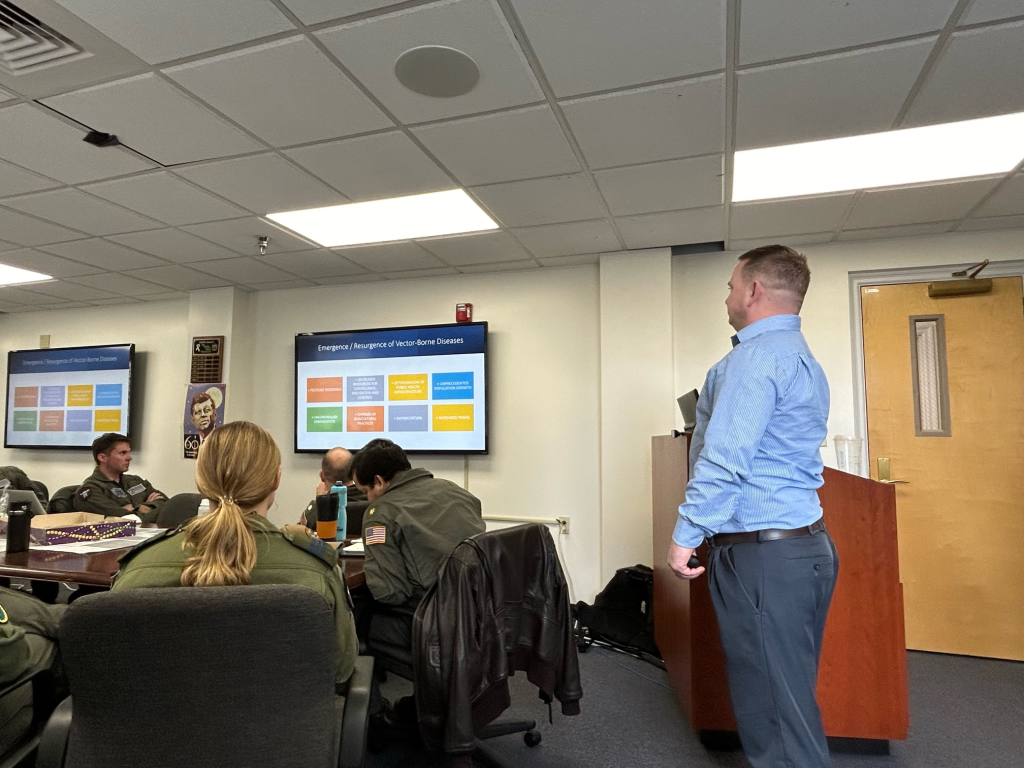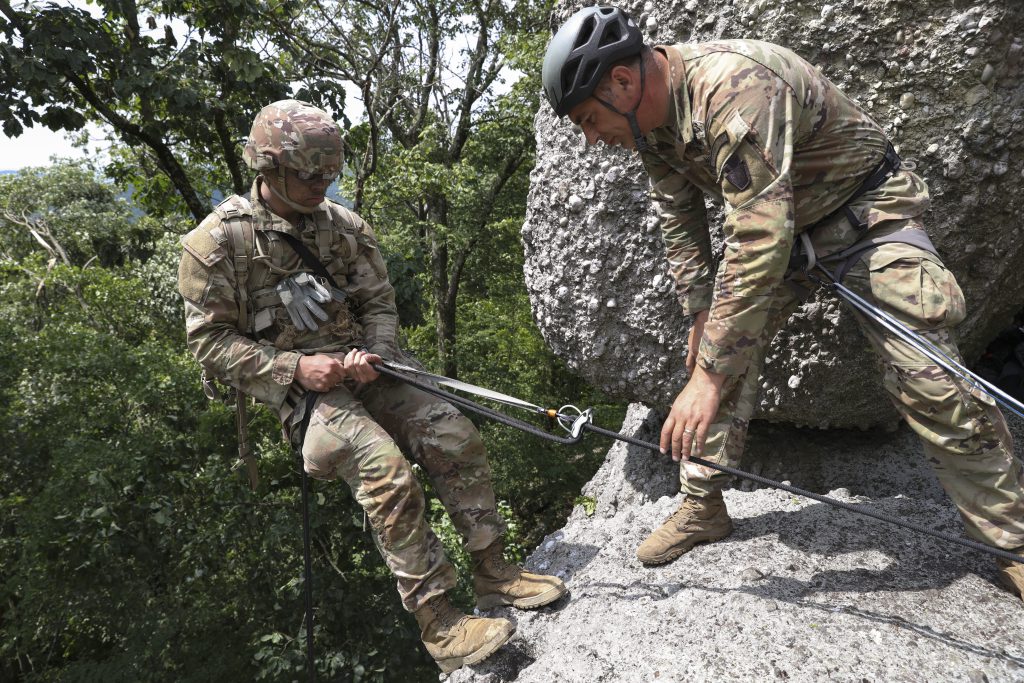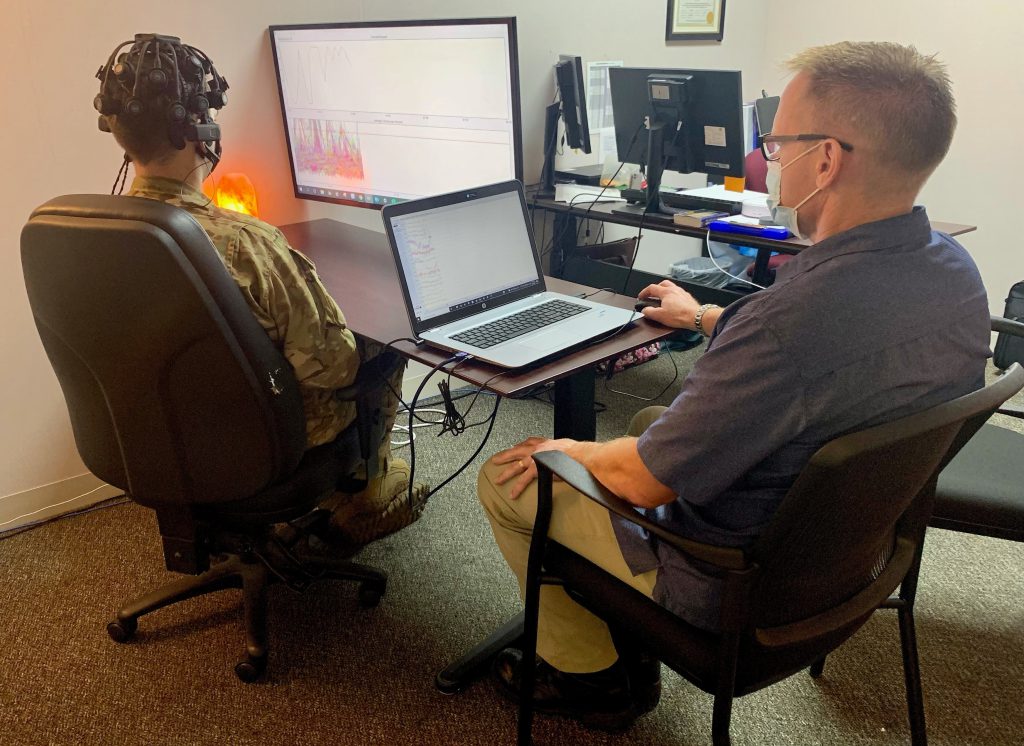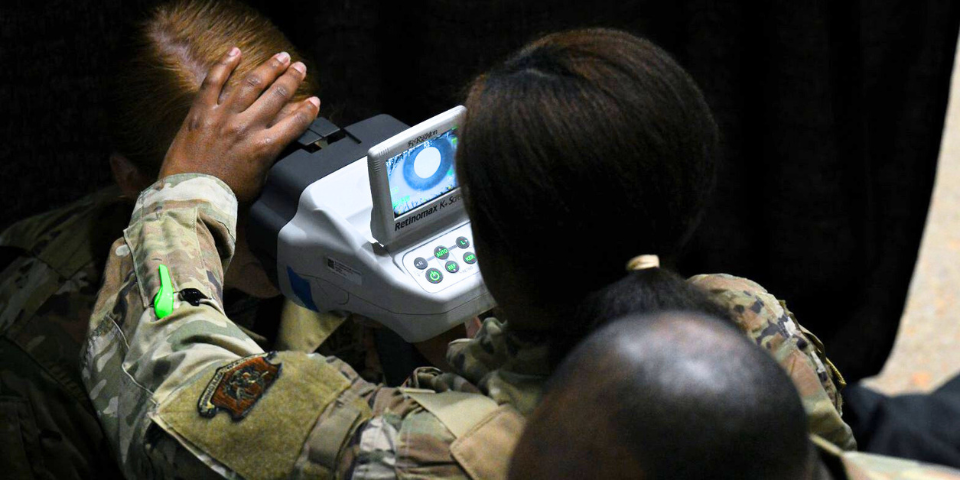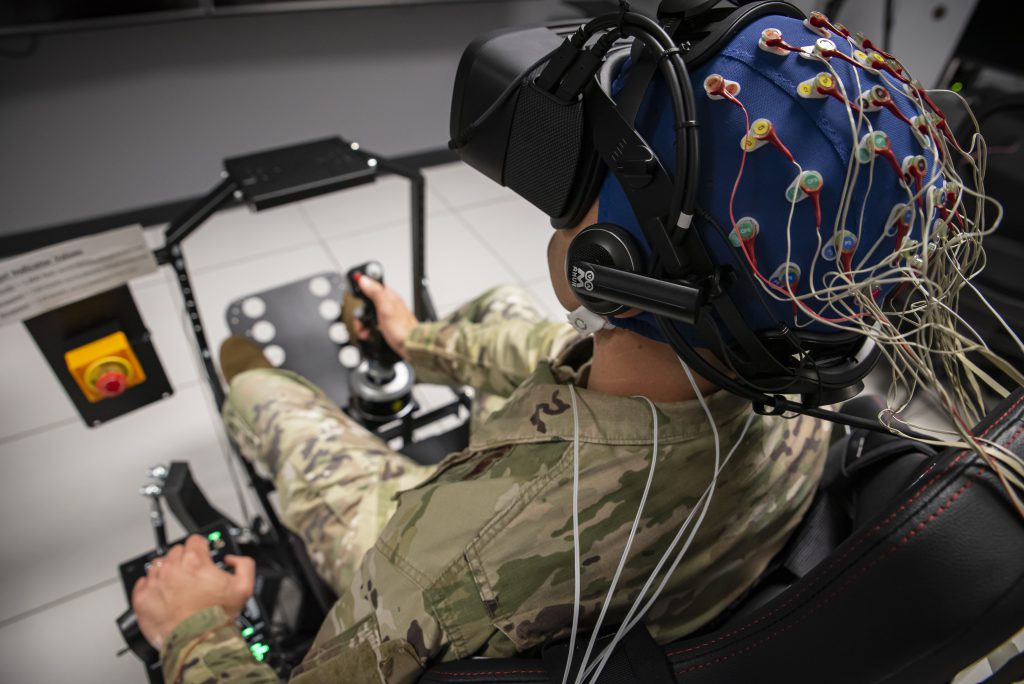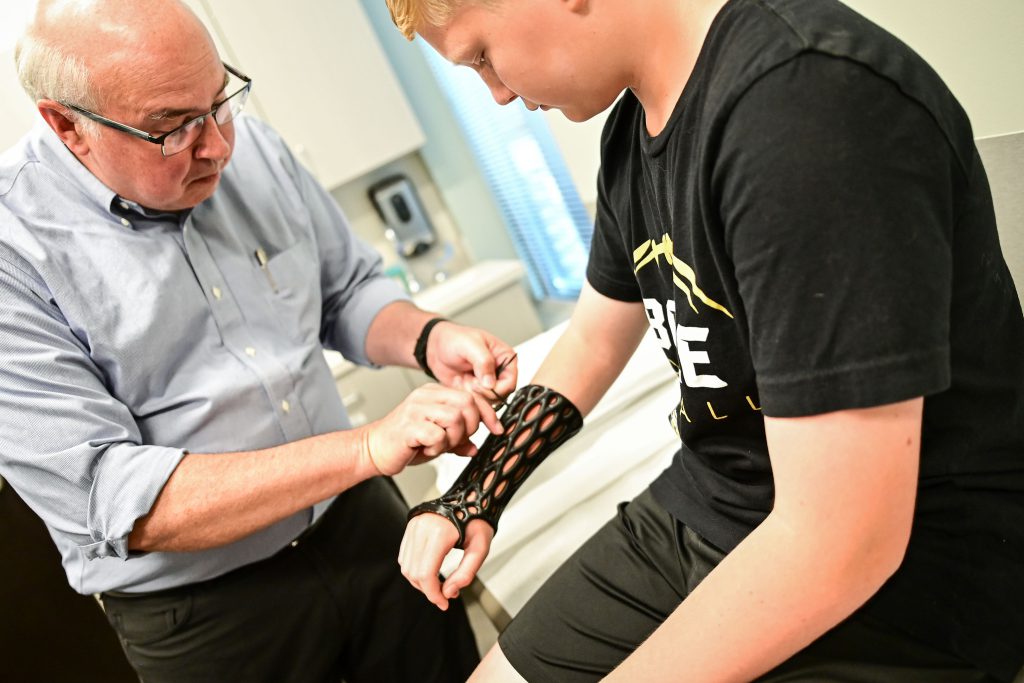Are you interested in delivering a webinar presentation on your DoD research and engineering efforts?
HDIAC hosts live online technical presentations featuring a DoD research and engineering topic within our technical focus areas.
Host a Webinar with HDIAC
Upcoming Webinars
Managing Public Health During a Migration Crisis
In February 2024, the Homeland Defense and Security Information Analysis Center (HDIAC) lead a Table Top Exercise (TTX) in support of military physicians in a residency program. During this program, students obtained their master’s in…
Security Implications for the United States from Iranian and Hezbollah Activities in Latin America and the Caribbean
This presentation will examine engagement with Latin America by Iran, its government agents, and surrogate groups such as Hezbollah, including terrorist finance, terrorism, and other activities and their evolution in recent years. It will address…
Never Deployed but Still at Risk: Substance Use and Mental Health Problems Among Reserve/Guard Soldiers
Brain Health Mini-Series: Part 2 Reservists constitute approximately one-third of the U.S. Armed Forces; however, military health research disproportionately focuses on active service members and veterans. Operation: SAFETY (Soldiers and Families Excelling Through the Years)…
DoD Nuclear Energy Use Case – A Combatant Command Perspective
The U.S. Department of Defense (DoD) was an early adopter of nuclear power and pioneered research of mobile nuclear energy. In addition to the well-documented U.S. Navy nuclear propulsion program, the U.S. Army constructed eight…
Rewiring the Brain for Optimized Performance
Brain Health Mini-Series: Part 3 Neurofeedback (NFB) is a specialized application of biofeedback employed to modify brainwave activity and event-related potentials. It uses operant conditioning with visual or auditory stimuli as reinforcing feedback to teach…
Emerging Capabilities for Evaluating Cognitive and Oculomotor Function in Service Members With Traumatic Brain Injury
High rates of traumatic brain injury (TBI) are sustained by U.S. military personnel in combat and garrison environments. Changes in brain function related to TBI can negatively impact military readiness and quality of life. Clinical…
Past Webinars
Tip of the Spear: The Next Generation of Brain Health Baselining
Brain Health Mini-Series: Part 1 SABRES (Special Operations Assessment Baselining Readiness Evaluation System) utilizes objective measures of cognitive performance, objective measures of brain physiology, and…
A Technical Review on Common Myths About Nuclear Energy
This webinar will examine the various antinuclear claims that appeal to extreme radiological risk. The presentation will start with a review of radiation risk and…
Novel Nuclear Forensics for the 21st Century
This work will demonstrate how ubiquitous radiological characterization can take place throughout all nuclear facilities for all nuclear material (even those facilities the United States…
Homeland Defense and Future Warfighting Challenges Arising From the People’s Republic of China Activities in the Western Hemisphere
This webinar will discuss the range of vulnerabilities to the United States stemming from the growing activities of the People’s Republic of China (PRC), its…
From Lab to the Literal Field: Custom-Fit, 3-D-Printed Medical Devices and Wearable Sports Gear
In early fall of 2019, Dr. Michael Zabala received a phone call from his neighbor, Robbie Stewart, the head athletic trainer for Auburn Football. A…
Radiation Biodosimetry: Where We Are and Where We Need to Go
In the case of radiological/nuclear (R/N) mass casualty incidents, several thousands of humans may be exposed to ionizing radiation. Timely assessment of radiation dose is…


